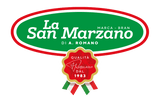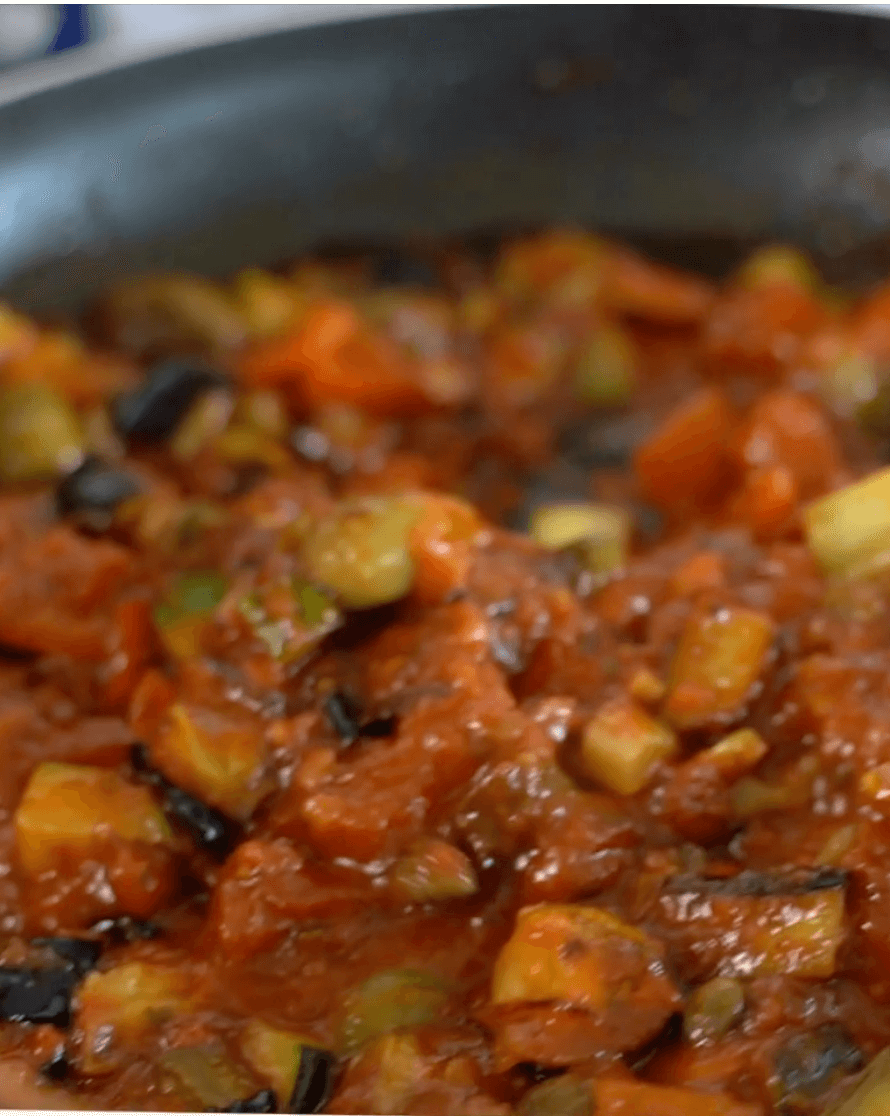What's Inside
Peeled Tomatoes, Extra Virgin Olive Oil, Onions, Sea Salt, Sliced Garlic, Basil, Black Pepper, Oregano

Nutrition Facts
5 servings per container Serving size: 1/2 cup (125g) Amount per serving Calories: 149 Daily Value
Do you know?
One of the most famous sauces in the world is the Italian Marinara. Like almost every typical and ancient Italian recipe this one is very simple and it requires only a few ingredients. But the kye one is definitely the oregano. This spice is a flowering plant in the mint family Lamiaceae. Obviously, it’s native to the Mediterranean region, especially South Italy like Campania, Calabria, and Sicily but also North Egipt. It was a very common spice since ever in Rome and the Roman Empire, and so the Romans bring the spice with them in their conquests, so now oregano is widely naturalized almost everywhere in the Northern Hemisphere, even the Scandinavian region.
The name came from the Latin orīganum and ultimately from the Classical Greek ὀρίγανον (orī́ganon), a compound Greek term that consists of ὄρος (óros) "mountain", and γάνος (gános) "brightness", so the meaning is "the brightness of the mountain". One of the legends -the most ancient one- says that the goddess Aphrodite create the oregano and used it, with its beautiful violet and pink flower, to decorate her gardens and Mount Olympus slopes, so that would be why they called the plant “the brightness of the mountain”. Another legend talks about the oregano, not for its name but its wonderful smell. In Cyprus, the prince Amaraco (this is the Italian refined name of the marjoram, which is of the same family and genus of the oregano) loved to create beautiful perfumes. One day he created a perfect one and chose to give it to the king as a present. But he dropped the bottle with the perfume and died for the sorrow. The gods pitied him and change him into a plant with the most exquisite smell ever: the same perfume the prince created. That plant was the oregano.
The truth is the oregano has so many good properties! Especially as a medication because its essential oil is an antibiotic, the most powerful one in nature, and as a matter of fact was used against many respiratory diseases in the past centuries.
Do you know?
One of the most famous sauces in the world is the Italian Marinara. Like almost every typical and ancient Italian recipe this one is very simple and it requires only a few ingredients. But the kye one is definitely the oregano. This spice is a flowering plant in the mint family Lamiaceae. Obviously, it’s native to the Mediterranean region, especially South Italy like Campania, Calabria, and Sicily but also North Egipt. It was a very common spice since ever in Rome and the Roman Empire, and so the Romans bring the spice with them in their conquests, so now oregano is widely naturalized almost everywhere in the Northern Hemisphere, even the Scandinavian region.
The name came from the Latin orīganum and ultimately from the Classical Greek ὀρίγανον (orī́ganon), a compound Greek term that consists of ὄρος (óros) "mountain", and γάνος (gános) "brightness", so the meaning is "the brightness of the mountain". One of the legends -the most ancient one- says that the goddess Aphrodite create the oregano and used it, with its beautiful violet and pink flower, to decorate her gardens and Mount Olympus slopes, so that would be why they called the plant “the brightness of the mountain”. Another legend talks about the oregano, not for its name but its wonderful smell. In Cyprus, the prince Amaraco (this is the Italian refined name of the marjoram, which is of the same family and genus of the oregano) loved to create beautiful perfumes. One day he created a perfect one and chose to give it to the king as a present. But he dropped the bottle with the perfume and died for the sorrow. The gods pitied him and change him into a plant with the most exquisite smell ever: the same perfume the prince created. That plant was the oregano.
The truth is the oregano has so many good properties! Especially as a medication because its essential oil is an antibiotic, the most powerful one in nature, and as a matter of fact was used against many respiratory diseases in the past centuries.







